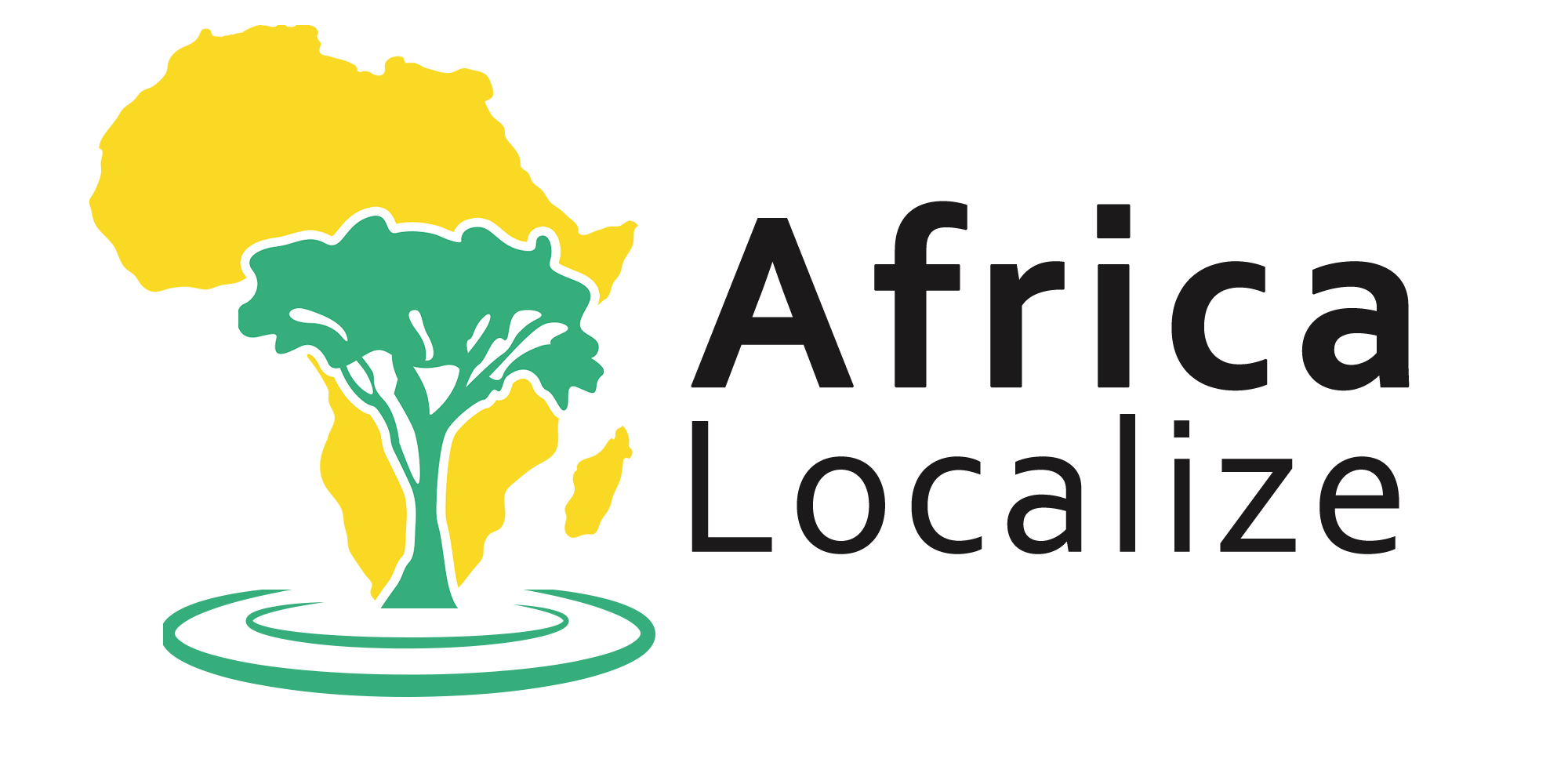How to Translate Medical Terms?

Have you ever gone to get a blood test done and then you get the results but never understood what they meant?
Those are exclusively medical terms, they’re hard to decipher by people other than doctors and professional linguists.
But that doesn’t mean you can’t translate those medical terms on your own.
We’ll give you a simple guide to help you understand and translate medical terms even if you’re not a medical professional.
But first, you need to understand why translating medical terms is difficult and what can we do to translate them with ease.
What is Medical Translation?

Medical translation is the practice of changing documents related to health care, pharmaceutical, and medicine sectors from one language to another.
Each of the above-mentioned sectors is not just a single but they contain a wide range of other interrelated areas, to mention a few:
- Dermatology
- Ophthalmology
- Genetics
- Dentistry
- Psychiatry
- Reports for insurance
- Medical reports
- Medical records
- Medical files
- Clinical tests
This is the reason why medical documents or texts are highly sensitive and to some extent complex.
Medical translators are not just translating texts, they are responsible for lives.
Their words are a shade of hope to the target audience or an absolute disappointment that may cause injuries or even death.
Also, medical terminologies that vary from one language to another make medical translation a real challenge.
Why are Medical Terms Hard to Translate?

Each field has core terminologies that must be well acquired and a level of professionalism by translators to guarantee accuracy and avoid fatal mistakes.
Medical terms aren’t easy to understand if you’re not a medical professional.
You will face many challenges and obstacles if you use Google Translate or any online translator.
Those translating tools are too literal and won’t be of much help despite the great advancement that happened to them.
You need to Know some core characteristics of Medical terms First before deciding on being a medical translator:
1. Medical terms have regular morphology and are rooted in Greek or Latin Languages.
Understanding medical terminology takes time and patience.
However medical translation is of a regular Morphology that doesn’t make the challenge over.
It requires understanding and memorizing a great number of basic roots besides the indication of a number of Prefixes and suffixes.
For Example, in the “Hypertension” disorder, the prefix “Hyper” means High, and the root word “Tension” indicates Pressure, so the word “Hypertension” refers to highly abnormal blood pressure.
2. Accuracy is a life-or-death situation with Medical Terms
Medical terms can be found in many different document types that are health-related, such as, physician notes, pharmacological instructions, synopses, case reports brochures, etc.
Each of these contains subject matter terms used for specific audiences and languages.
Because of such complexity and depth, translating medical terms usually require Subject Matter Experts but not necessarily medical professionals.
To achieve accuracy and precision, Subject Matter Experts and not just regular translators are required.
They can understand the meaning of medical Terms and Jargon to make them in consideration to linguistic aspects and target audience languages or dialects even.
Given the fact that the smallest errors may lead to false diagnostics or irrelevant treatment, only experienced SMEs can be trusted in medical cases.
3. Medical Terms belong to different registers
Multiple word registers are arguably the most challenging aspect of translating medical Terms.
Many diseases and bodily parts are referred to by one word in a higher register (strictly medical) and another word in a lower register across many medical branches and languages (colloquial use).
For instance, the same anatomy component is referred to as both the “thorax” (strictly medical registration) and “chest” (colloquial use register).
Different registers exist due to historical reasons and the evolution of the different fields of medicine. Therefore, when translating medical terms it’s a must to consider registers besides context.
Tips on how to translate Medical Terms
Challenges don’t mean impossible.
Now that we are aware of the key challenges in medical terms translation, let’s mention some tips to get the mission of translation done accurately.
1- Know your target audience
It’s important to know who will read your text before translating. As we have mentioned above the Registers differ.
So, if your document is translated for a doctor will definitely be different if it will be translated for a patient
2- Utilize specialized dictionaries
Using a specialized dictionary is a common tip for all fields of translation, however, you always need to make sure that your sources are updated on a regular basis.
Also, you can find an updated online medical dictionary on Medical Dictionary of Health Terms: A-C
3- Give a second thought to acronyms and abbreviations
Medical terms are full of acronyms and abbreviations, while translating you should break them down to their original term to convey accurate meaning.
This website can be useful in our case: Medical Abbreviations & Acronyms | OpenMD.com
4- Take into account clarifying what the term means
Giving a proper explanation of uncommon or difficult terms is essential to any honest medical translation.
To do that you will need to search the term deeply and provide an explanation in a translator’s note.
5- Make your own glossary
Your glossary is your second man, whenever you encounter a new term or a definition, it’s important to add it to your own glossary.
In the beginning, you might not find it useful, but in the long term, you will have built a huge glossary that will make your work easier and faster.
Frequently Asked Questions about How to Translate Medical Terms?:
Conclusion
Translating medical terms is a hard task that requires effort and patience, but being hard doesn’t make it unachievable.
Just get yourself ready with the knowledge and the skills required in such a field, then put your audience as a priority and consult the experts whenever needed.
Also, if you have no time and you have got loads of reports waiting to be translated, our team is just a click away: Medical Translation Services – Africa Localize.
